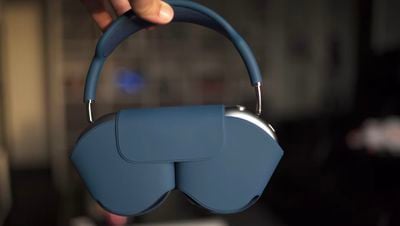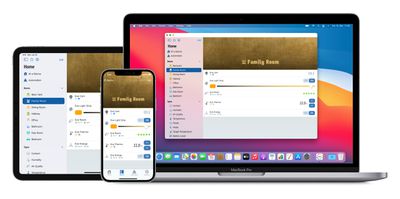Last month, Korean website The Elec reported that Apple plans to release new iPad Pro models featuring OLED displays in the second half of 2021, noting that Samsung and LG are already in the process of developing the displays.
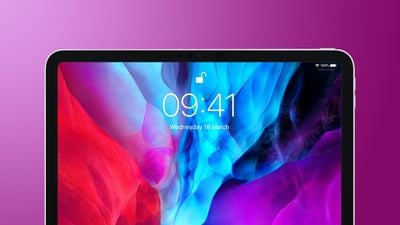
However, following recent discussions with Apple suppliers, Barclays analysts Blayne Curtis, Thomas O'Malley, Tim Long, and their associates said that an iPad with an OLED display does not appear to be in the works for 2021. In a new research note, shared with MacRumors, the analysts said a launch is unlikely until 2022 at the earliest.
The timeframe offered by Barclays certainly sounds more reasonable, as many rumors suggest that Apple plans to release at least one iPad Pro model with Mini-LED backlighting in the first half of 2021, and it would seem rather quick for Apple to switch display technologies twice within the same year with the release of OLED models.
Apple already uses OLED displays for the iPhone X and newer and all Apple Watch models, with benefits over LCDs including higher brightness, improved contrast, increased power efficiency, wider viewing angles, and more.
Apple last refreshed the iPad Pro in March, but it was a relatively minor update, with new features including an A12Z Bionic chip that is essentially an A12X chip with an extra GPU core enabled, an Ultra Wide camera, a LiDAR Scanner, and better sounding microphones. Prior to that, the iPad Pro received a major redesign in October 2018, gaining slimmer bezels, Face ID, and a USB-C port instead of a Lightning connector.
Barclays analysts were the first to claim that Apple was planning to stop including a charger with iPhones. In the past, they also accurately revealed True Tone coming to the iPhone 8 and iPhone X, the removal of the headphone jack adapter with iPhone XS and iPhone XR models, and the removal of 3D Touch on all iPhone 11 models.


 Note: MacRumors is an affiliate partner with these vendors. When you click a link and make a purchase, we may receive a small payment, which helps us keep the site running.
Note: MacRumors is an affiliate partner with these vendors. When you click a link and make a purchase, we may receive a small payment, which helps us keep the site running.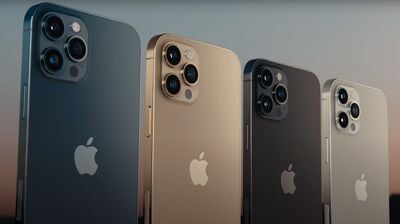

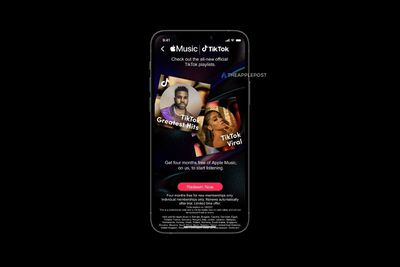
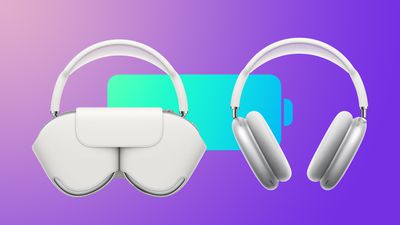




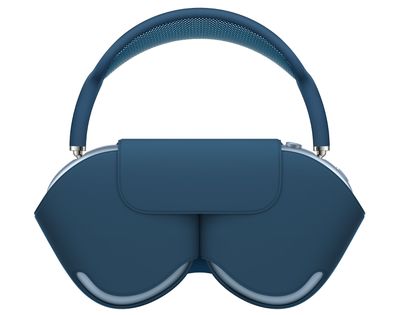
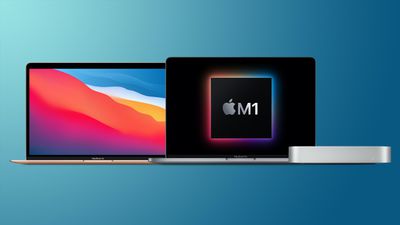
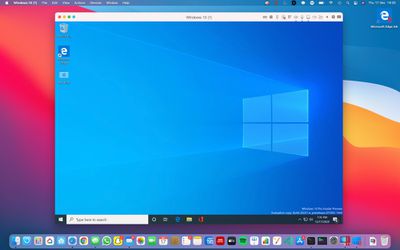

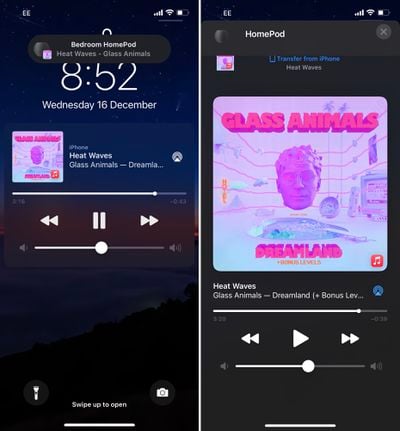



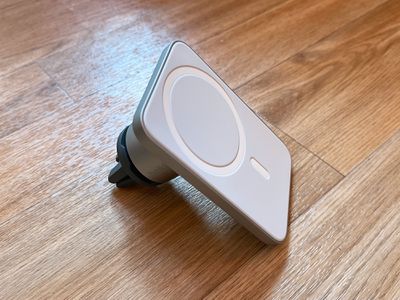
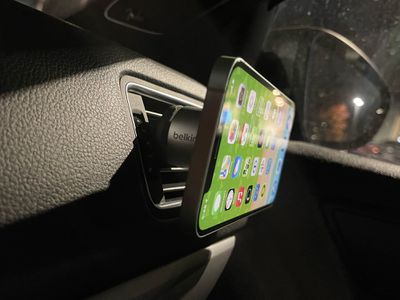
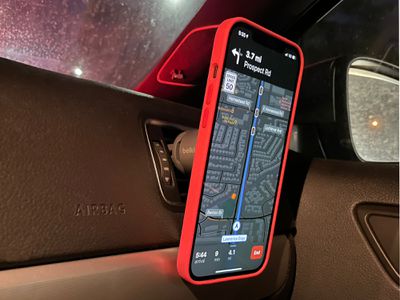


 Note: MacRumors is an affiliate partner with some of these vendors. When you click a link and make a purchase, we may receive a small payment, which helps us keep the site running.
Note: MacRumors is an affiliate partner with some of these vendors. When you click a link and make a purchase, we may receive a small payment, which helps us keep the site running.